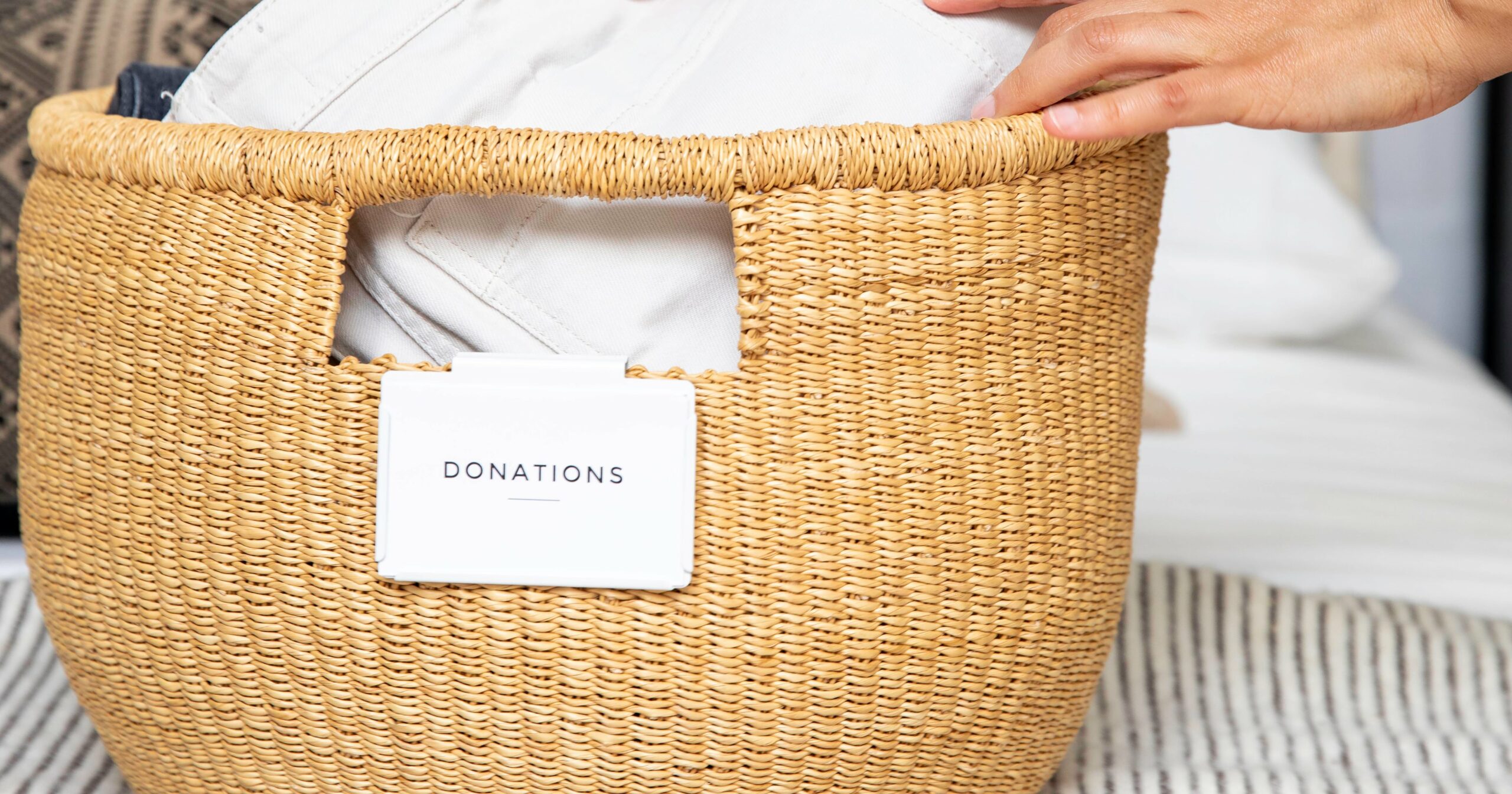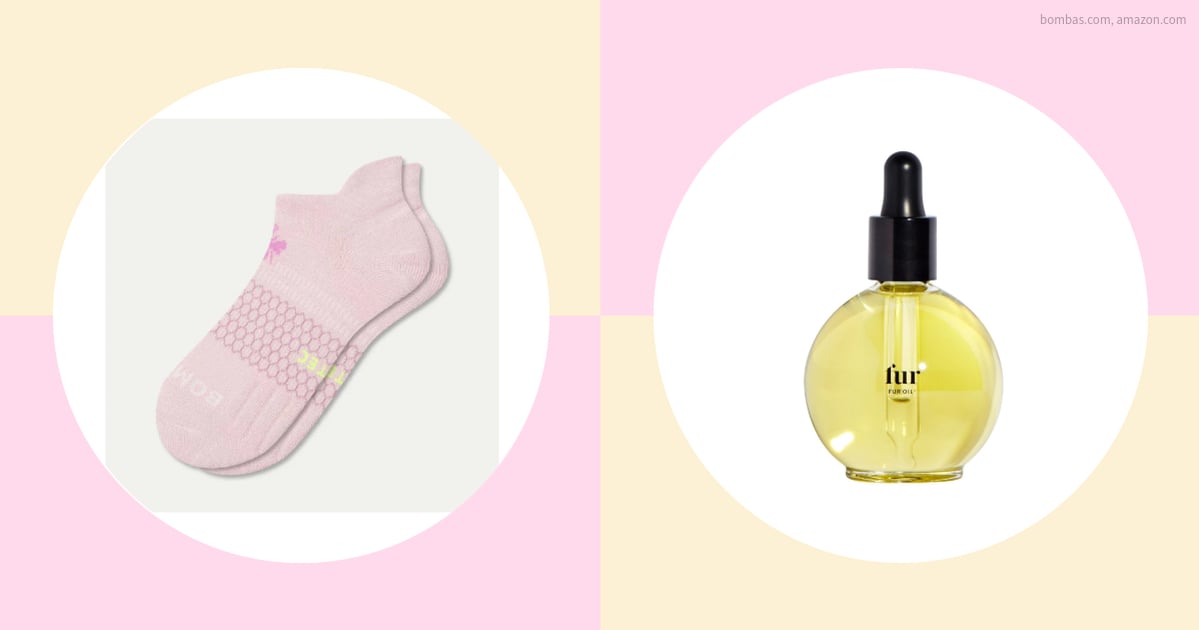I embarrassed my entire family at a bar mitzvah last week. Let me explain: I had recently donated all of the items that I seldom wore, including almost all of my dresses and my only pair of black pants. Ruthlessly editing my closet felt great, liberating even. But there was one problem I hadn’t anticipated: events.
Fast-forward to last week, when I found myself scrambling to piece together an outfit for a bar mitzvah in Los Angeles. I had left myself with only a single black dress that’s versatile enough for weddings and formal events, but not quite right for a daytime service.
I ended up cobbling together a blouse, blazer, and high heels, paired with distressed white jeans for the service. It was the best I could do, but it didn’t feel great. Since we were out of town, I didn’t have time to shop or borrow something from a friend. I was even called up to read as part of the service and had to strategically position my daughter as a human shield to mask my jeans.
Trivial as this example may sound, it was eye-opening to realize that I had put myself in a position where I didn’t own all the items I actually needed. I had taken my decluttering mission a tiny bit too far.
Rather than challenging my entire philosophy, however, this experience actually validated my belief that minimalism is not about lack or scarcity but about having the perfect amount of stuff for you. So, how do you strike the right balance? Here are five signs you’ve taken decluttering too far – and five ways to stay on track.
5 Signs You’ve Taken Decluttering Too Far
1. You’re Fighting With Family Because You Gave Away Their Stuff
Minimalism is a personal journey. If your spouse or kids come home to find their favorite hoodie or beloved childhood stuffed animal missing, you may have crossed the line. Decluttering should bring peace, not household warfare. Make decluttering a collaborative effort. Give family members a chance to weigh in on their own belongings before making decisions on their behalf.
Ask yourself: Am I decluttering for myself, or am I imposing my preferences on others?
2. You’re Constantly Borrowing Items You’ve Donated
If you find yourself repurchasing or borrowing back things you swore you didn’t need, it’s a sign you may have been a little too ruthless in your decluttering spree. Before donating, try a “holding zone” for items you’re unsure about. If you don’t reach for them after a set period (say, three months), you can confidently let them go.
Ask yourself: Have I had to rebuy something I let go of recently?
3. You’re Unprepared For Life Events
Like my bar mitzvah debacle, you might find yourself without the basics for a wedding, job interview, or even a winter storm. Your streamlined closet shouldn’t mean sacrificing practicality. Keep a “just in case” list for essential but infrequent needs, like formalwear, travel gear, or seasonal clothing. Being intentional doesn’t mean being unprepared.
Ask yourself: If I had a big event tomorrow, would I have something appropriate to wear?
4. Your Home Feels Uncomfortably Sparse
Minimalism isn’t about making your home look like a sterile hotel room. If your space feels empty or devoid of warmth and personality, it might be time to reassess what brings you comfort and joy. Incorporate sentimental or meaningful items – photos, books, cozy textiles – that make your home feel inviting.
Ask yourself: Does my home feel like a place I love, or does it feel cold and impersonal?
5. You’re Anxious About Getting Rid of the Wrong Thing
If you’re losing sleep over whether you made a mistake in letting go of an item, you may have taken decluttering a step too far. The goal is to feel lighter – not more stressed out. Declutter in stages. If you’re unsure about something, store it in a box with a future date marked on it. If you don’t reach for it, you can let it go with confidence.
Ask yourself: Am I decluttering from a place of intention, or am I rushing to get rid of things? Rushing never got anyone anywhere faster.
5 Ways to Intentionally Declutter
1. Be Event-Ready
Think about your daily lifestyle, and check your calendar. Do you need an outfit for a black-tie event? A wedding? A religious ceremony? Keep a few versatile pieces so you’re never caught off guard. Create a small “occasion-ready” section in your closet with a few go-to outfits for formal and semi-formal events.
Ask yourself: Do I have something appropriate for the types of events I attend at least once a year?
2. Consider What You Infrequently Use (but Still Need)
Before purging everything, take a moment to think: Do I need a roasting pan for Thanksgiving? A suitcase for occasional travel? Camping gear for an annual trip? Just because you don’t use something daily doesn’t mean you won’t regret parting with it. Store seasonal or infrequently used items in labeled bins or high shelves so they don’t clutter your everyday space.
Ask yourself: Do I use this at least once a year, and would it be inconvenient or expensive to replace?
3. Leave One String Attached
If you’re unsure about certain items, try giving them to friends or neighbors who will appreciate them more. Just add a small caveat: “Hey, I might need to borrow this back occasionally!” It’s the best of both worlds. This strategy works best for specialty items like tools, formalwear, or niche kitchen gadgets.
Ask yourself: Is there someone I trust who might benefit from this item more than I do?
4. Define Your Version of “Enough”
There are no absolute rules when it comes to minimalism. The perfect amount of any specific item varies for everyone. Instead of striving for an arbitrary number of belongings, aim for what feels just right for you and your lifestyle. Check in with yourself seasonally to reassess what “enough” looks like as your needs evolve.
Ask yourself: Am I decluttering based on what works for me, or am I following a trend?
5. Declutter With a Safety Net
If you’re on the fence about letting something go, put it in a “maybe” box and set a reminder for a few months later. If you haven’t needed or missed the item, you can confidently donate it. Use a designated area in your home for items in limbo before making a final decision.
Ask yourself: If this item disappeared today, would I even notice?
At the end of the day, minimalism is a balance between freeing yourself of clutter and ensuring you still have what you need. If all else fails, just grab the nearest kid and have them stand in front of you in the photos.
If you need me, I’ll be out rebuying those black pants.
Shira Gill (she/her) is a globally recognized home-organizing expert and author with a minimalist philosophy. She’s inspired thousands of people to clear clutter from their homes and lives through a process she developed that applies to anyone, regardless of budget, space, or lifestyle. Shira is the bestselling author of “Minimalista,” “Organized Living,” and “LifeStyled” and has been featured by 100+ media outlets. Shira is a PS Council member.




